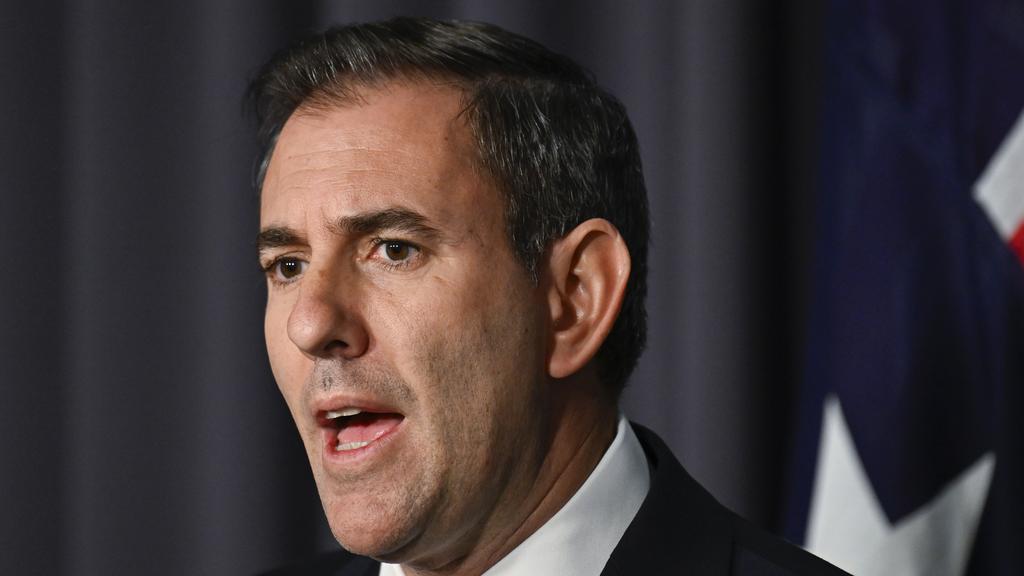
Article by Matthew Cranston, courtesy of The Australian
15.06.2025

Australia is missing out on productivity gains because political tension between state and federal governments prevent proper tax reforms, KPMG has warned in its first submission to the Productivity Commission.
Corporate tax rates should be cut, new taxes should be reviewed every two years for “unintended consequences”, research & development concessions should be overhauled, and the federal Treasury is inadequately dealing with tax rules and missing out on efficiency gains, KPMG’s head of tax Alia Lum has written in her blunt submission.
Business leaders and economists have called on the Albanese government in introduce significant productivity reforms, most notably in tax, as the country’s productivity levels remain at 60-year lows.
The federal government has made increasing productivity its top priority for the economy in its second term and will convene a roundtable in August.
Former Treasury secretary Ken Henry asked the Albanese government this week to stop “fiddling” with tax reform and go big, while the Productivity Commission has called for papers asking which tax reforms would be worthwhile. It will make recommendations to Jim Chalmers, although the Treasurer has said not all of them will be implemented.
“Company tax as a revenue base contains some strong and difficult tensions,” Ms Lum said.
“As a medium-sized nation dependent on foreign investment, Australia has a very high company tax rate which makes it less competitive in attracting capital.
“While lowering the rate would not be easy given the dependence on the base for revenue, a fall in the company tax rate should promote higher foreign capital investment which would change the level of capital deepening in the Australian economy.”
Business investment of late has been lacklustre, growing just 0.7 per cent in the last quarter after a 1.7 per cent drop in machinery and equipment.

KPMG also raised the need for better state and federal tax co-operation and efficiencies.
“Federalism has an inherent tension … With this tension comes issues of complexity and inconsistency of rules and regulations across different states and territories,” Ms Lum said.
“Overlapping responsibilities between governments can lead to delays in decision-making and the implementation of policies, affecting the efficiency of projects such as in the infrastructure sector.”
Last year, state treasurers, backed by Mr Henry, called for a “foundational” overhaul of how taxes and spending are divided up nationally.
Dr Chalmers has previously said he would be prepared to lead a national dialogue with the states and territories “to see if they can come to some kind of agreement on tax reform”.
Before coming to power in 2022, Dr Chalmers said that the states were talking about swapping out stamp duty for land taxes and added: “We’re prepared to lead a conversation on those sorts of things.”
Outside of contentious GST carve ups by the Commonwealth Grants Commission, state and federal tax reform has gone quiet.
West Australia Treasurer Rita Saffioti has backed NSW’s push to have GST payments to states determined on a per capita basis.
Tax payments for federal, state and local governments combined as a share of GDP have now hit 30 per cent for the first time since the mid-2000s, according to the Australian Bureau of Statistics.
KPMG’s latest submission also takes aim at the inefficiencies in Treasury and the rollout of new tax rules such as those on capital gains for foreign residents.
“Australia relies heavily on foreign investment to provide capital to finance and develop our economy, including driving productivity and creating jobs,” Ms Lum said. “Due consideration must be given to the impact on foreign investment, particularly where tax settings are changed with no transitional relief.”
She noted that the proposal to change the foreign resident CGT rules was originally announced in the 2024 budget with a start date of July 1 this year. That start date has been deferred.
“This makes it difficult for investors to make investment decisions and undermines investor confidence,” she said.
“Added to this is the delay commonly encountered with implementing new measures given limited Treasury resources dealing with a backlog of government announcements.
“There is a growing list of such announced but unenacted measures.”
Other key areas KPMG has raised with the Productivity Commission include the burden of an “increasing number of integrity measures”, the growing volume of tax returns reaching 60 pages, and rules that are overengineered relative to other jurisdictions.
The accounting firm recommended that after two years, Treasury should conduct a short review to ensure there are no “unintended consequences”, including for outcomes that are negative to the government revenue.
